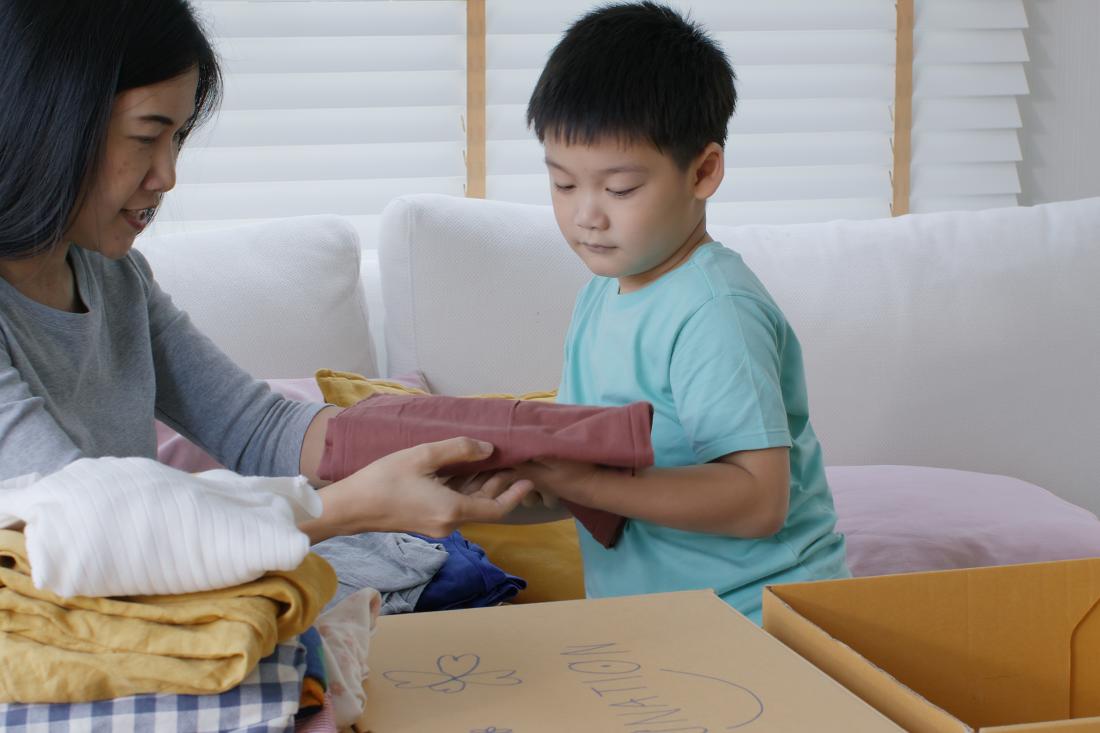Educational Vouchers and Altruism in the United States
- Parents
- Students
- School choice
- Scholarships
Although evaluations of education programs often focus on student test scores, these interventions can also affect many other outcomes. Researchers studied the impact of private school vouchers on the altruism, or selfless concern for others, of children and their parents. Voucher recipients demonstrated more altruism, as measured by financial generosity, towards charitable organizations, but not towards their peers.
Policy issue
Educational interventions can affect both academic outcomes, such as test scores and grade promotion, and non-academic outcomes, such as voting, marriage rates, drug use, and criminal activity. Test scores reflect academic achievement and potential future earnings, but generally shed little light on the behavioral and social dimensions of schooling. Altruism provides broad social benefits, ranging from enhancing wealth accumulation, to increasing marriage rates and improving environmental quality. Both private and public schools claim to teach altruism, which psychologists suggest is developing among school-age children. Being the beneficiary of a charitable program, such as receiving a voucher to attend a private school, may increase altruism by generating a sense of reciprocity. Little rigorous research exists on the impact of educational interventions on altruism, which can be difficult to observe in children.
Context of the evaluation
The Children’s Scholarship Fund of Toledo (CSF) provides four-year renewable, half-tuition private school scholarships to kindergarten-8th grade students from low-income families in Northwest Ohio. In 1998, CSF held a lottery to allocate the scholarships among eligible families. CSF conducted two separate lotteries – one for families who reported that at least one child was attending private school at the time of the lottery and one for families that had no children in private school. If a family won the lottery, all eligible children received a scholarship.

Details of the intervention
Researchers studied the effect of winning a voucher to attend private school on altruistic behavior. In 2001, researchers invited a random sample of applicants to the 1998 voucher lotteries to participate in a follow-up study. Families completed a survey and attended an event where children and parents separately participated in six games to assess altruism.
At the beginning of each game, children received a $10 gift certificate to Toys-R-Us and parents received $50 in cash. In the first three games, participants read a description of a charitable organization – the American Red Cross, the Make-a-Wish Foundation, and CSF– and were asked to choose how much of their gift certificate or cash they wanted to contribute to the charitable organization, keeping the rest for themselves.
In the latter three games, participants were asked to choose how much of their gift certificate or cash to contribute to another anonymous and randomly-selected person at the event (another child for children and another parent for parents). The latter games varied in terms of how much of the participant’s contribution would reach its recipient - $0.50 for $1 donated, $1 for $1 donated, and $1.50 for $1 donated.
Following the last game, students took a standardized mathematics achievement test.
Results and policy lessons
Students who received vouchers were more generous to charitable organizations, but not to their peers, than students who did not receive vouchers. Vouchers did not impact parental altruism or student achievement.
Students receiving vouchers gave 23 percent more to the three charities – an average of $4.08 to each charity – compared to the students who did not receive vouchers, who gave 75 cents less (marginally significant). This suggestive evidence of increased generosity was driven by a large and significant increase in giving to the American Red Cross of 40 percent – an average of $4.19 cents, as compared to an average of $3 among students who did not receive vouchers. Students who received vouchers did not give significantly more to their peers than students who did not receiving vouchers.
Receiving a voucher increased altruism even for students who had been in private school before the lottery, leading researchers to conclude that the effect of attending a private school could explain only a portion of the increase in altruism caused by the vouchers. The fact that students receiving vouchers gave a smaller additional amount to CSF (which had provided them with the vouchers) than to the other charities suggests that the vouchers did not simply generate a sense of direct reciprocity among their recipients. Receiving a voucher also not seem to generate a sense of reciprocity among parents, as parents of students who received a voucher did not give more either to charity or to their peers than parents of students who did not receive a voucher.
Consistent with similar studies, this study detected no difference in scores on a standardized mathematics test between students who received vouchers and students who did not.




